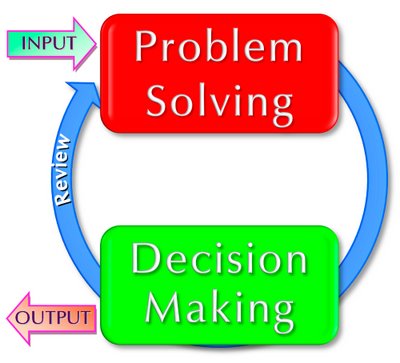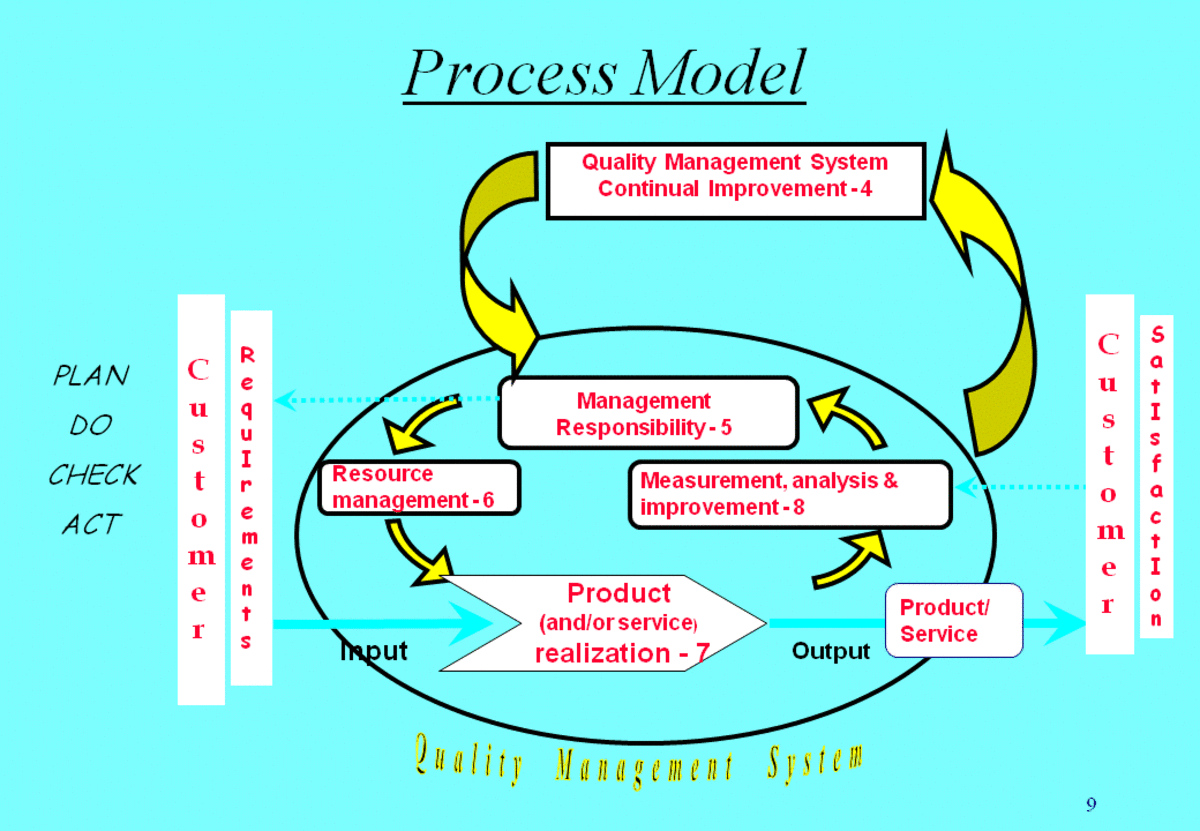What is Decision Support System (DSS) and why every manager needs one
The term “Manager” is synonymous with decision makers and every organization, be it profit making or non-profit making, needs a decision maker. Business organizations not only need decision makers but also the decisions should be made quickly and accurately.
Every manager in an organization is a decision maker and the day-to-day business involves making decisions that affect the running of the organization besides other duties such as interpersonal and informational roles. For a long time, managers considered decision making a talent acquired through trials and errors.


However, the business environment where business managers operate is changing rapidly and becoming more complex. As a result, decision making today is more complicated than ever before but why exactly is that so?
1. The number of alternatives today is larger than before because of improved information technology and communication systems and especially with the availability of internet.
2. The cost of making errors can be very large because of the complexity and magnitude of operations.
3. There are continuous changes in the fluctuating environment and more uncertainty in several impacting elements
4. Decisions must be made timely, quickly and accurately
Managers cannot therefore continue relying on trial and error methods in making decisions. They must learn and employ new tools and technology being developed in their respective fields of management. A Decision Support System (DSS) is therefore a must for today’s managers.
What is a Decision Support System?
Little (1970), defines Decision Support System (DSS) as a model based set of procedures for processing data and judgments to assists a manager in decision making. He argues that to be successful, such a system must be simple, robust, easy to control, adaptive, complete on important issues and easy to communicate with.
A DSS is a system intended to support managerial decision maker in semi-structured decision situation. A DSS extends decision makers capabilities but it does not replace their judgment i.e. it only support.
Examples of DSS include Group Support Systems (GSS), Executive Information Systems (EIS), Knowledge Management Systems (KMS), Expert Systems (ES), Artificial Neural Networks (ANN), Intelligent Decision Support Systems (IDSS) and many more.
So, how does managerial decision making connect with information systems? We may need to understand the terms “Management” and “Decision making”.
What is Management?
The term “Management” has many varying meanings depending on the context. For the purpose of understanding, I will put it simple: It is the process by which organizational goals are achieved through the use of resources such as vision, mission, objectives and goals. These resources are considered as inputs and the attainment of goals is viewed as the output of the management process.

What is Decision making?
Decision making is the process of selecting the cause of action from available causes. In its simplest form, decision making involves three phases;
1. Intelligence: Searching for condition that calls for action.
2. Decide: Inventing, developing and analyzing possible causes of action.
3. Choice: Selecting the cause of action from those available.
These three phases of decision making may involve structured, semi-structured or unstructured decision making processes. Structured processes are routine problems for which structured solutions may exist. Unstructured processes are complex problems for which there are no standard solution methods.
Decisions in which some but not all of the phases are structured are called semi-structured and solving such problems involves a combination of standard problem solving procedures and human judgment.


Why managers need Decision Support System (DSS)
The level of productivity or success of the management depends on the performance of the managerial functions such as planning, organizing, directing and controlling.
To carry out these functions, managers are engaged in continuous process of making decisions. In fact, all managerial activities revolve around decision making and therefore managers are decision makers and every organization is filled with decision makers at various levels.
Suppose you are the manager of a business organization dealing in products or services. Imagine also that the market is very competitive and has large companies competing with medium and small ones. Probably some of the questions you will be faced with include the following;
1. How will you attract customers?
2. Will competitors reduce their prices?
3. What new services will competitors offer and what should you do in response?
To solve such problems, managers need to make accurate decisions quickly. Managers also need access to internal and external data to aid in their decision making. With the help of Decision Support Systems (DSS), these and many other problems can be solved quickly and effectively.
With a DSS, pricing for each customer can be made and statistical tools can be used to analyze shopping data collected daily. These can help the organization to know, for example, which customer or category of customers qualify for what level of discount.
DSS with capabilities of forecasting and predication such as Artificial Neural Networks (ANN) can be used together with a forecasting model to analyze growth patterns of each product.
The appropriate decisions pertaining to the product can be made timely, quickly and accurately. Such decisions may involve whether to terminate or expand sales or marketing of the product.
Top and executive managers can use DSS such as Executive Information Systems (EIS) to tabulate daily sales summary and details by region, division, sales person and product. These reports, which can be viewed in varying perspectives, can be useful in identifying problems and opportunities.
Any Decision Support System (DSS) therefore helps management to make timely decisions by providing reliable and relevant information in the correct format and at the right time. A DSS can help a company to extract data required to understand the market better on prices, quantity, timeliness and customer service.
A DSS can improve the quality of information for which the solution is based by providing not only a single solution but an array of alternative solutions. This allows managers to understand the nature of the problem better so that they can make better and informed decisions.
Other related hubs...
- Cloud Computing: Deciding Between Public Cloud And Private Cloud
The best way then to decide whether you need a private cloud or a public cloud or even a hybrid cloud for your organization is to outline the goals and policies of your organization then implement the suitable cloud option that will factor those... - What is TelePresence?
Design of a Telepresence system will mostly be limited by installation cost, equipment, cost of bandwidth, expertise, distance, topographical setup, provision of LAN or WAN among other factors. Telepresence systems can be implemented in many areas... - Information Technology tools in today's schools
Different ICT technology tools are available today that can be used to make life of learners in school fun and enjoyable yet productive to their mental growth. School administrators can rely on ICT technologies to manage school activities and ...








